In the ever-evolving landscape of education, Arizona stands at the forefront of a revolutionary change. The state’s adoption of Empowerment Scholarship Accounts (ESAs) ushered in a fundamental rethinking of how education can and should work in the 21st century. Over the past year, Arizona has witnessed a seismic shift in its educational ecosystem, marking the beginning of a new era where families reclaim their agency over their children’s education.
The introduction of universal ESAs in Arizona, as detailed in the Common Sense Institute’s April 2024 report, Growth & Change, has propelled an astonishing increase in program enrollment from 12,000 to 77,000 students. This surge underscores a resounding endorsement by Arizona families of their right to choose the best educational path for their children. It’s a testament to the pent-up demand for educational alternatives and a reflection of the diverse marketplace of educational options that Arizona now offers.
A Diverse Educational Marketplace Emerges
Arizona’s bold move to expand ESAs universally has cultivated a rich and varied educational landscape. The traditional one-size-fits-all model is being replaced by a marketplace where charter schools, private institutions, microschools, and homeschooling options flourish. This diversity empowers parents to select educational environments that align with their values and meet their children’s unique needs.
The Common Sense Institute report illuminates these shifting dynamics, highlighting the decline in traditional public school enrollment and the concurrent rise in private and homeschooling options. The pandemic accelerated these trends, but the universal ESA program has solidified them, showcasing a clear preference among Arizona families for choice and flexibility in education.
Reclaiming Agency Over Education
The essence of ESAs is the empowerment of families. By shifting funding decisions directly to parents, ESAs enable them to customize their children’s education. This is a profound reallocation of power from the state to the individual, fostering a more personalized and responsive educational system.
Critically, the report reveals that the ESA program’s growth is stabilizing, indicating that it is reaching a steady state reflective of actual demand. This stabilization is a positive sign, suggesting that the program is successfully meeting the needs of Arizona families without the runaway costs some critics feared. Moreover, with demographic shifts leading to a declining school-aged population, the relevance and efficiency of ESAs will only increase, ensuring that education funding is used effectively to serve students’ best interests.
A Path Forward for All Families
Importantly, the Common Sense Institute’s analysis shows that ESAs are not just for the affluent. A significant portion of ESA funds supports low- and middle-income families, democratizing access to a broad spectrum of educational opportunities. This inclusivity is a cornerstone of the ESA program, ensuring that all children, regardless of their socioeconomic status, can benefit from tailored educational experiences.
As Arizona’s experience shows, ESAs represent more than a policy innovation; they are a catalyst for creating a more equitable, flexible, and responsive education system. The state’s journey with ESAs is a compelling argument for the power of choice and agency in education. As families across Arizona embrace this newfound empowerment, they are not only shaping their children’s futures but also contributing to the vibrant tapestry of a diverse educational marketplace.
Arizona’s embrace of ESAs is a bold step toward a future where education is personalized, diverse, and truly in the hands of those it serves: students and their families. It’s a future worth striving for, and Arizona is leading the way.
